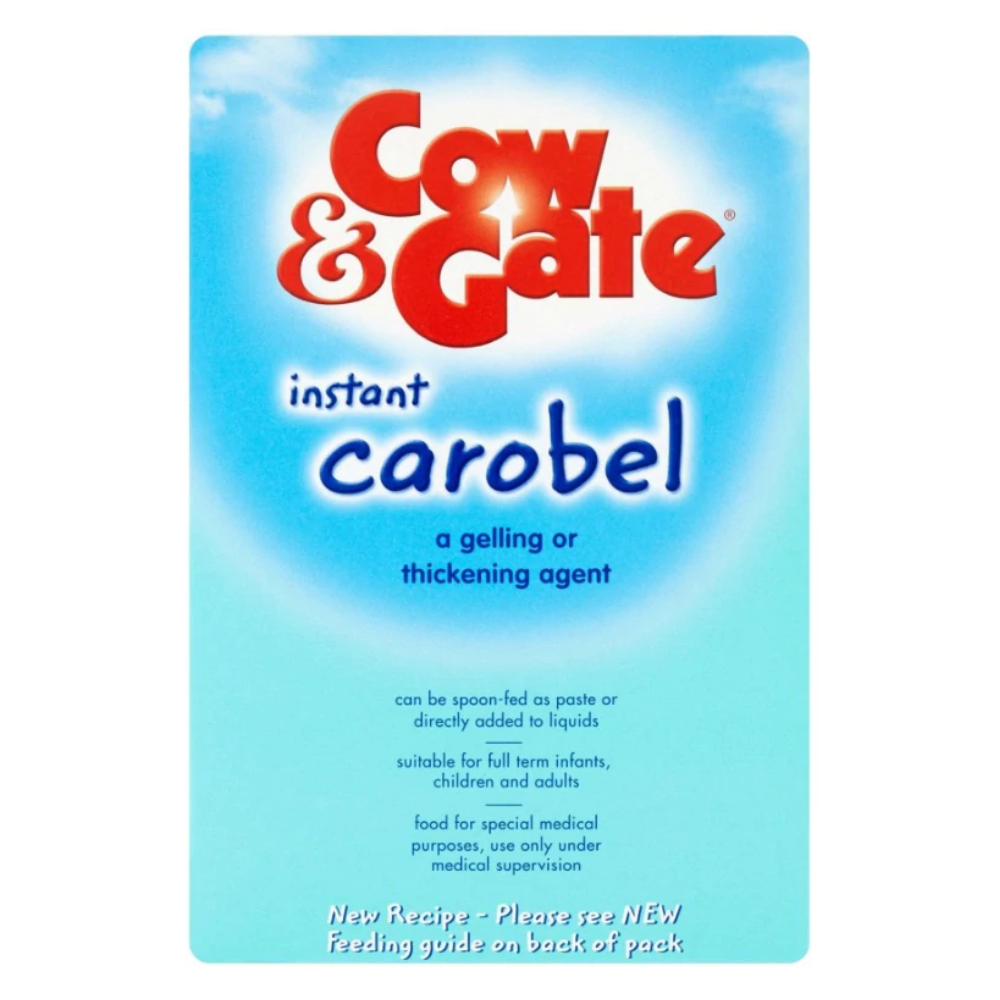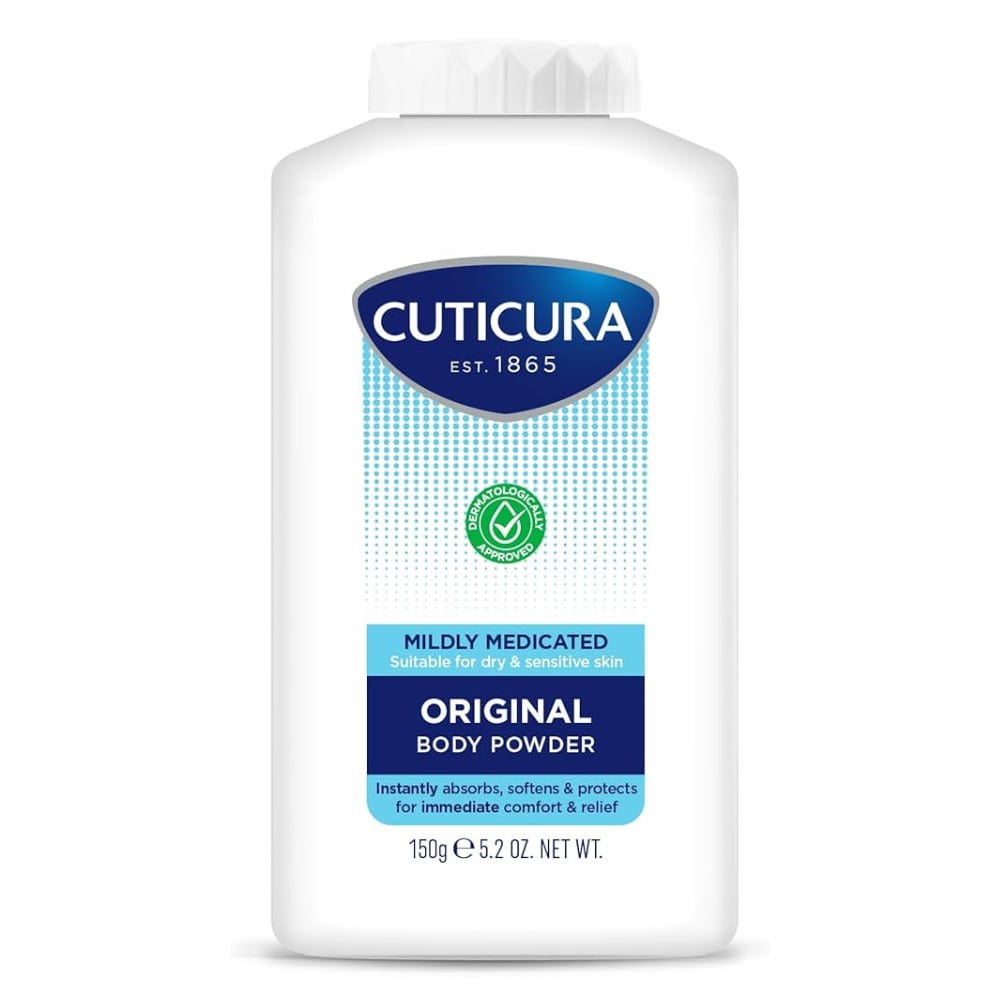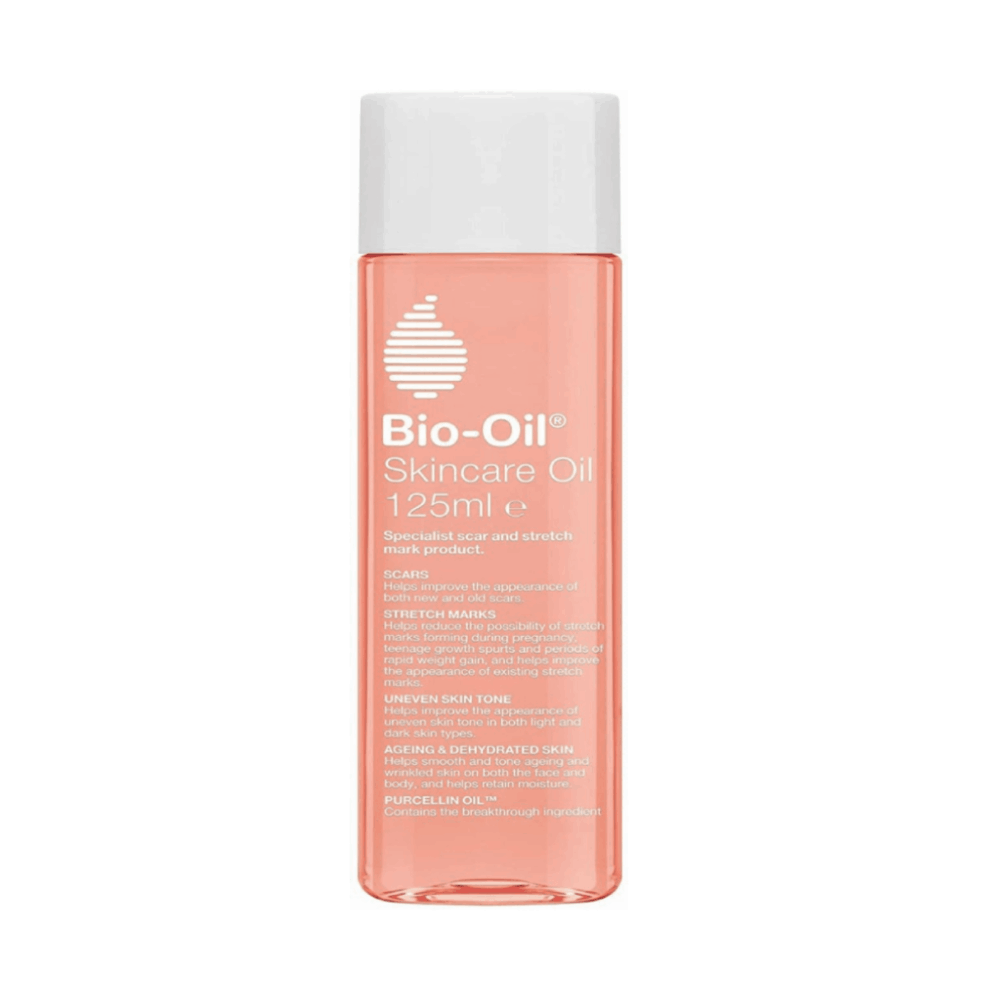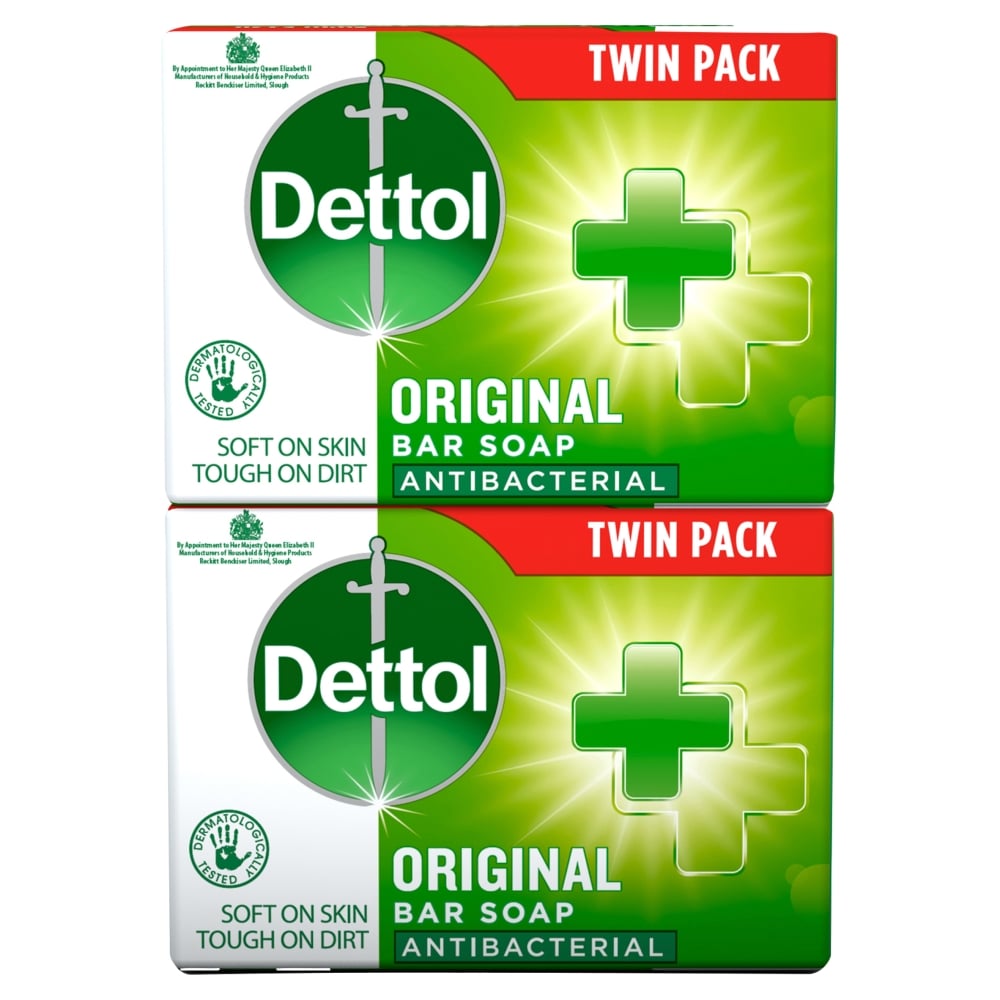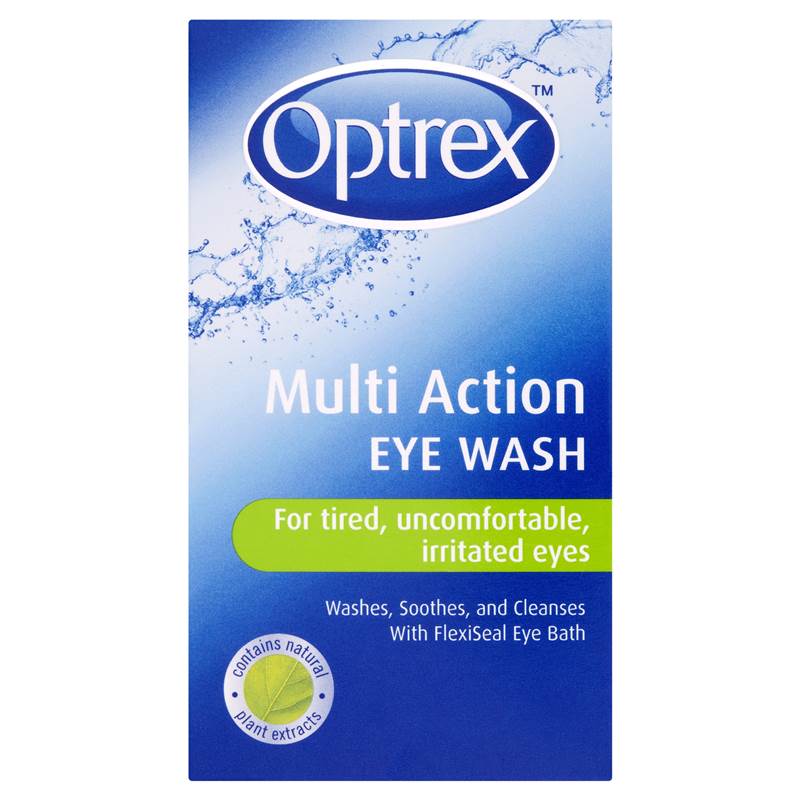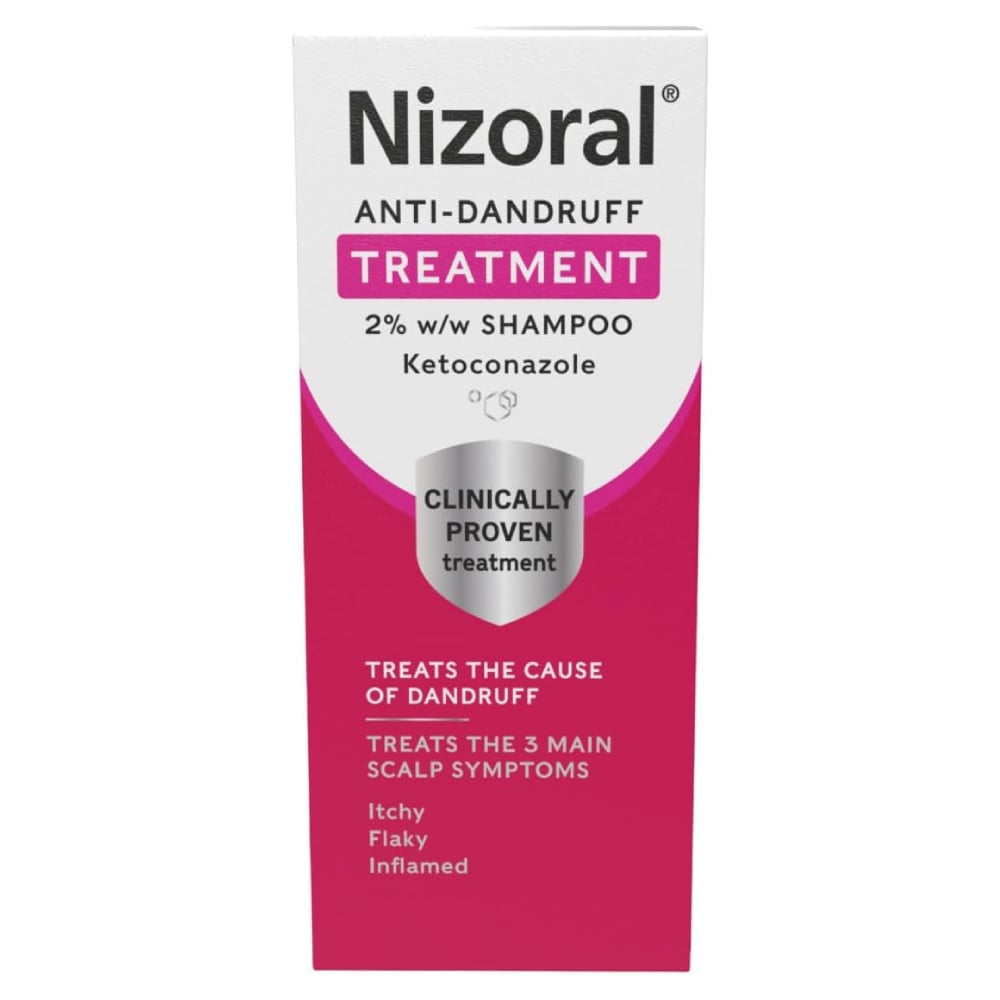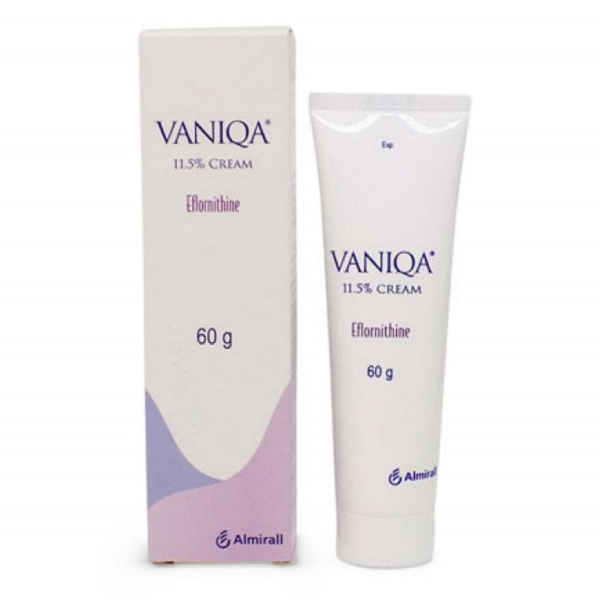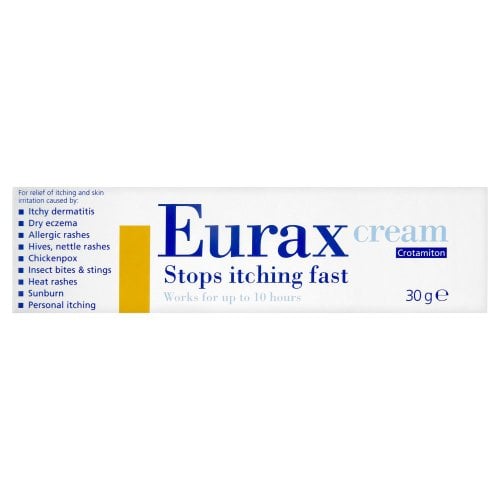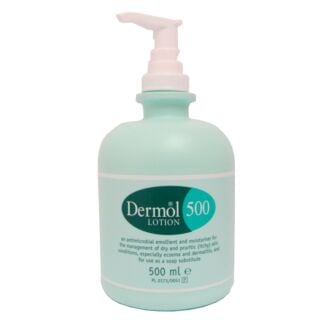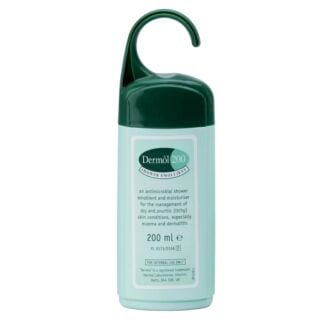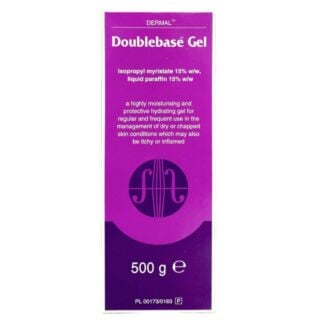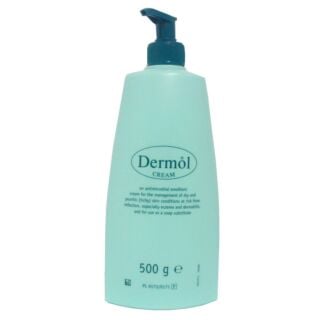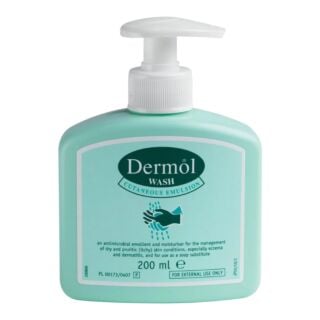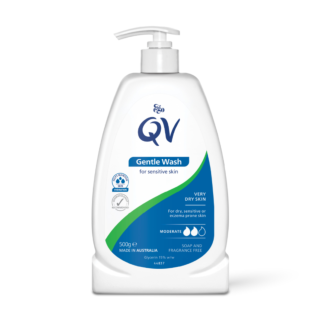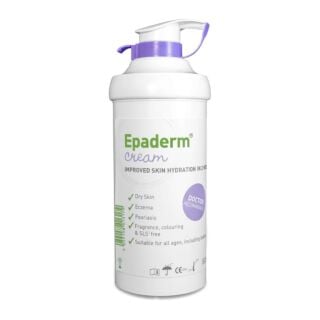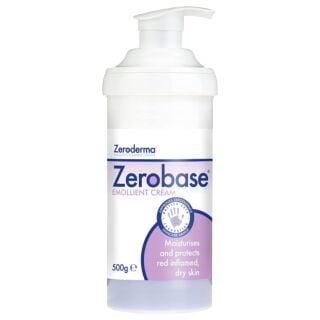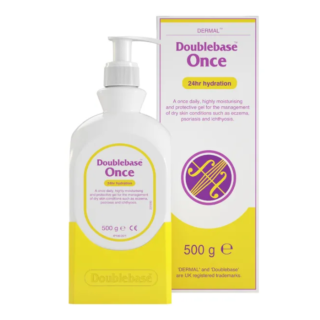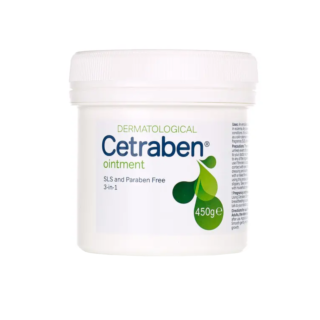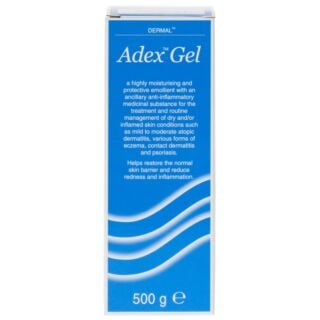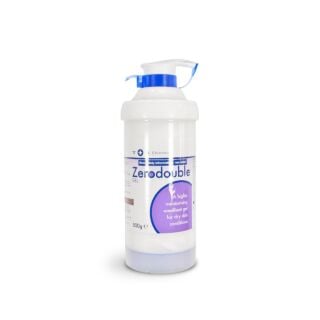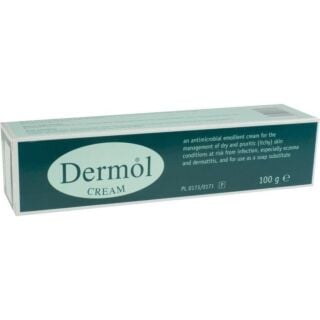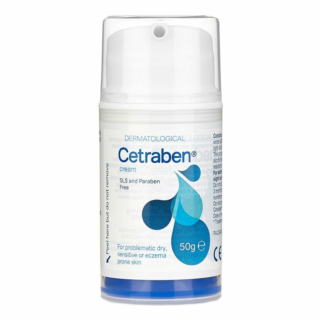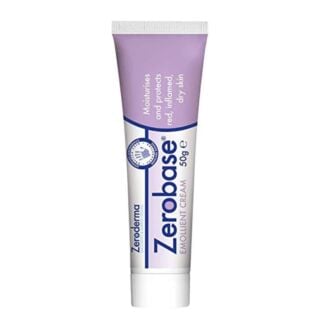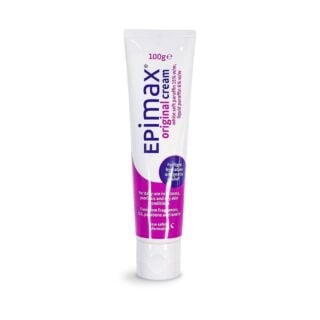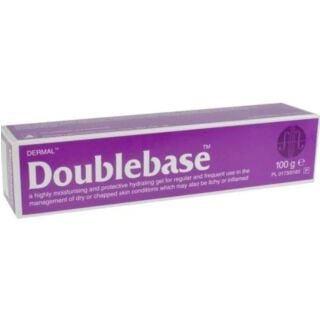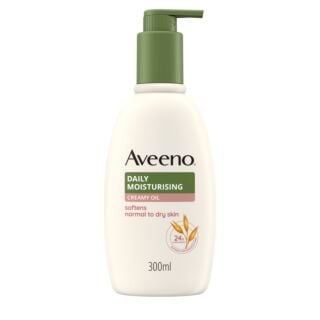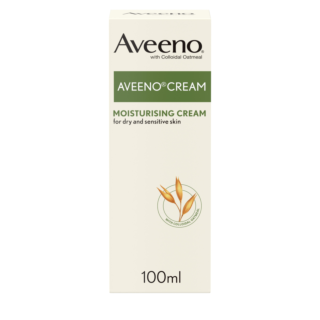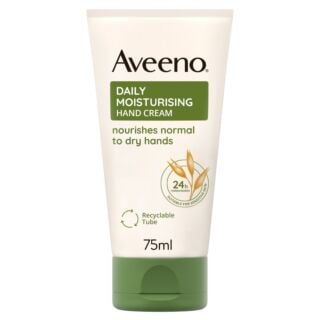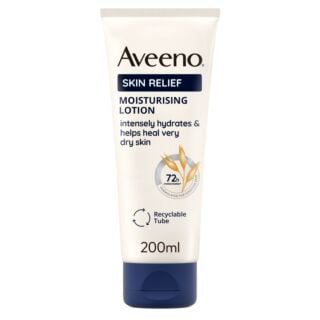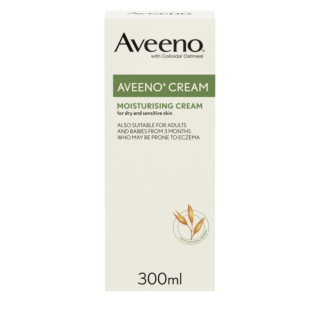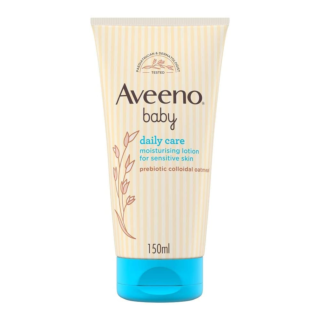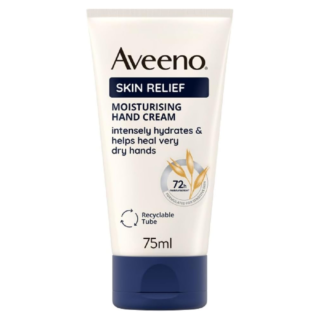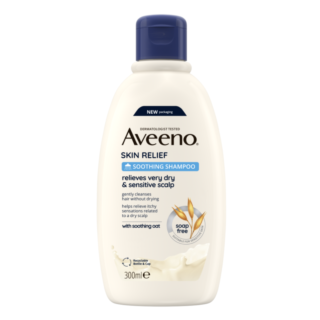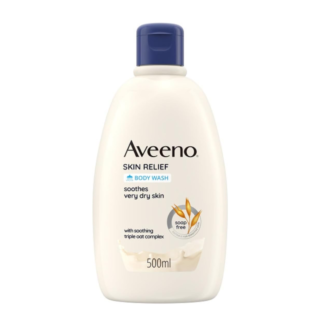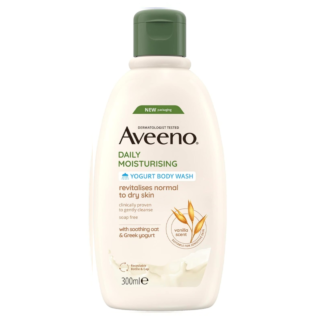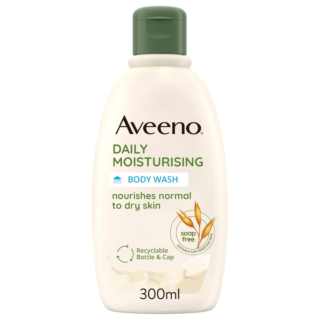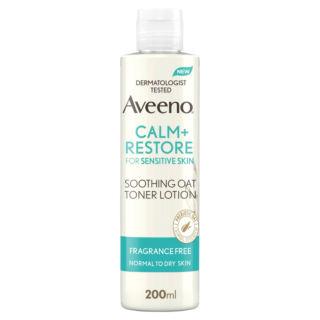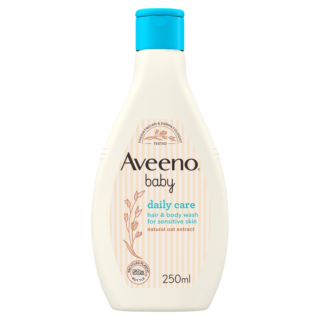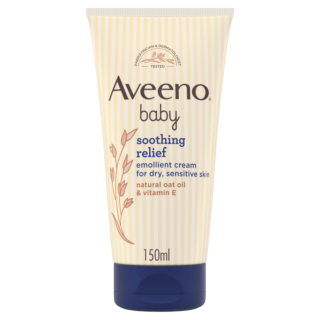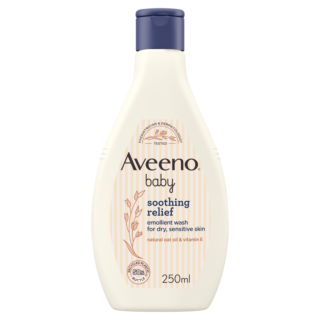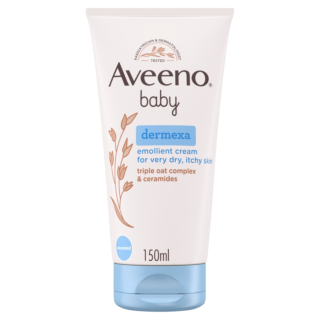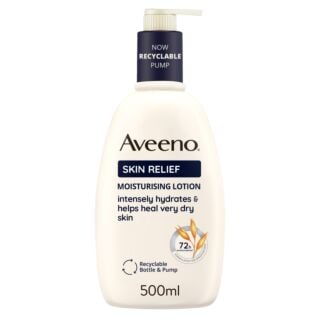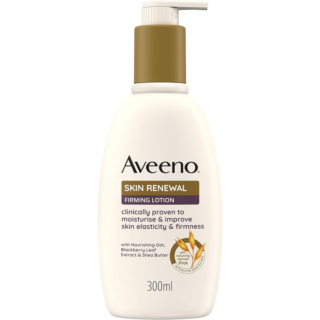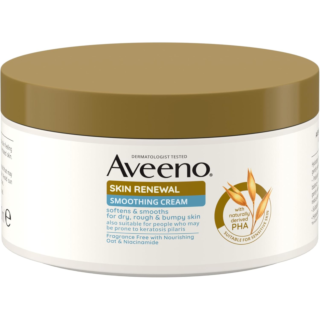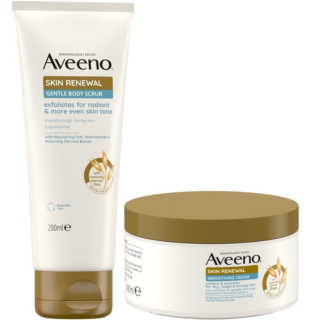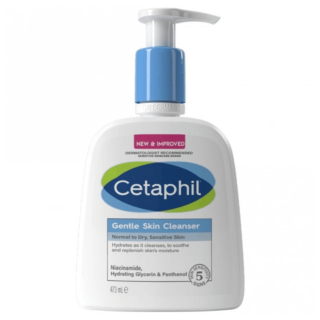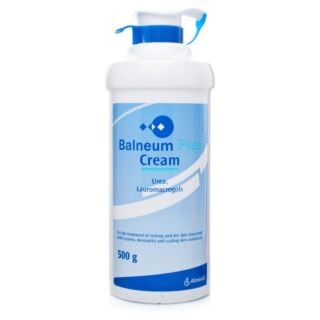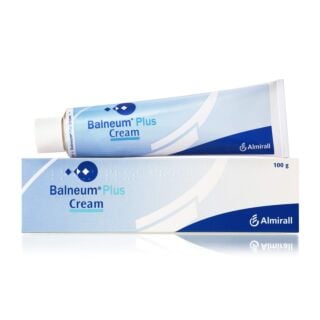Dry Skin
Dry skin (xeroderma) is an extremely common skin condition that many individuals face, especially older people.1,2 … Read More See less
While it’s usually harmless, if you have dry skin you will be all too familiar with the irritation, itchiness and soreness that accompanies dry spots on your skin.1,2 From dry skin under and around your eyes to dry skin around your lips and dry skin on your ears, there’s nowhere it can’t reach.2 And if you have severely dry skin (xerosis), it can have a significant impact on your ability to sleep, socialise and even affect your mental health.2,3
Most people struggle with temporary or seasonal dry skin.4,5 But some people need to treat their dry skin on a long-term basis.5 No matter how the condition affects you, however, there are plenty of treatment options available that can help to relieve the symptoms.
Let’s get into the causes of dry skin and how to treat it using the best skin moisturiser for dry skin.
What is dry skin?
Dry skin is skin that feels rough and flaky to the touch due to a lack of moisture content.2,4 Of course, this is only scratching the surface of what dry skin actually is, so let’s dive a bit deeper.
Dry skin occurs when the skin barrier (stratum corneum) is impaired.6–8 Your stratum corneum is the outermost layer of your epidermis (outermost skin layer) and is made up of many layers, called corneocytes, embedded in a lipid (fatty) substance.4,6,8
For optimum skin health, the moisture level in the stratum corneum should range from 10% to 30%.6 However, environmental and other factors can cause this layer of skin to lose water.6 Water loss impairs the stratum corneum’s ability to shed dead skin cells (corneocyte desquamation), which is a normal process required to maintain your skin barrier function.6 Abnormal corneocyte desquamation damages the skin barrier and exacerbates water loss.6,7
This process can occur anywhere on your body, but commonly causes:2
- Dry hands and peeling fingertips
- Dry skin on your feet
- Skin dryness on your face
- Dry elbows
- Lip dryness
- Dry skin around your genitals
- Dry patches on your legs
Dry skin symptoms
The symptoms of dry skin patches include:2,5
- Cracked, rough, itchy skin
- A feeling of tight skin
- Flaky skin, which can appear ashy on brown and black skin
- Scaling or peeling skin
- Deep cracks that may bleed
- Skin that looks red on white skin and grey on brown and black skin
- A rash (dermatitis), only on severely dry skin
Causes of dry skin
Certain factors can trigger a loss of water in the stratum corneum, including:2,4,5,9–11
- Age – as you age, your skin naturally thins and produces less sebum (the oil in your skin that’s needed for water retention)
- Environmental conditions –dry skin can occur year-round but often gets worse in the winter as low humidity environments can increase water loss. As a result, cold and windy climates cause dry skin. Inversely, so do hot and dry climates
- Genetics – dry skin tends to run in families, meaning you may be born with genes that predispose you to it
- Skin conditions – atopic dermatitis (eczema), contact dermatitis, asteatotic eczema, discoid eczema, seborrheic dermatitis and psoriasis all cause dry skin
- Health conditions – diabetes can lead to decreased blood flow to the skin and kidney disease can cause changes in your sweat and oil glands, leading to dry skin
- Occupations – if you work outdoors, with chemicals or need to wash your hands a lot during work, you can develop dry skin. For example, if you work in healthcare or in farming
- Too much bathing or scrubbing – taking long, hot showers or baths or scrubbing your skin too much can dissolve the sebum in your skin, causing dry skin
- Harsh soaps and detergents – many popular soaps, detergents and shampoos contain chemicals that remove oil, causing them to strip the moisture from your skin
How to treat dry skin
Lifestyle measures
The following measures can’t cure your dry skin, but they can help you to manage the condition and prevent it from getting worse:
- Use good alcohol-free cleansers for dry skin, as alcohol can dry your skin
- Use fragrance-free (hypoallergenic) skincare products
- Use dry skin creams or face creams for dry skin that contain urea, petroleum jelly, jojoba oil, shea butter, ceramides, glycerine, mineral oil, or lanolin, as these can help to repair your skin
- Use a good face wash for dry skin that does not contain sodium lauryl sulfate, as this can dry your skin
- Use sun cream with an spf of at least 30, even on cloudy days, to protect your skin from the sun
- Use warm water when you bathe or shower and limit bathing to no more than once per day and no longer than 5-10 minutes
- Use a humidifier to add moisture to the air inside your home
- Wear fabrics made from natural fibres, such as cotton, to allow your skin to breathe. Wool, however, can be irritating
- Use detergents without dyes or perfumes, both of which can irritate your skin
- Apply a clean, cool, damp cloth to itchy areas to relieve itchiness
Moisturisers and emollients
The main form of treatment for dry skin focuses on rehydrating your skin using moisturisers and face lotions for dry skin. The best moisturisers for dry skin contain emollients.
Emollients work by producing an oily layer on the surface of the skin, which traps moisture beneath it and restores the stratum corneum. They should be used liberally and often throughout the day.
Emollients are available as:
- Lotions
- Creams
- Hydrating gels
- Sprays
- Ointments
Different emollients contain different formulations, so you may need to try a few brands until you find one that works well for you.
You can get:
- Occlusive effect emollients – sometimes called ‘leave-on’ emollients, as they’re designed to keep the skin moisturised for several hours by covering the skin with a thin layer to prevent water loss
- Light occlusive effect emollients – these keep the skin moisturised for 1–4 hours, so need to be used several times a day
- Heavy occlusive effect emollients – these leave a thick film on top of the skin and can work for up to eight hours
- Humectant emollients – these contain additional ingredients, such as glycerine or urea, which are naturally moisturising. They have the largest occlusive effect and can last for between 6–24 hours. But they should still be applied at least twice a day for the best results
Other additional ingredients that are sometimes used in emollients include:
- Antimicrobials (antiseptics)– to destroy bacteria
- Humectants (glycerine, propylene glycol and urea) – which draw water into the epidermis from the dermis (the second layer of skin)
- Lauromacrogols – to help relieve itching
- Ceramides – which aim to restore the appropriate balance of fats needed for the stratum corneum to function properly
- Oatmeal– which has antioxidant properties
Emollients are recommended by the NHS to treat newborn dry skin and infant dry skin.
Medications
If you have severe dry skin, your GP may prescribe a topical corticosteroid, which works by reducing inflammation and irritation. These are available in different forms, such as:
- Creams
- Lotions
- Gels
- Mousses
- Ointments
- Tapes and bandages
- Solutions
Over the counter corticosteroids include clobetasone and hydrocortisone. Prescription only corticosteroids include beclometasone, betamethasone, clobetasol, fluticasone and mometasone.
Sources
- https://onlinelibrary.wiley.com/doi/10.1111/jdv.15157
- https://my.clevelandclinic.org/health/diseases/16940-dry-skin
- https://pmc.ncbi.nlm.nih.gov/articles/PMC8163918/
- https://www.shropshiretelfordandwrekin.nhs.uk/self-care/mild-dry-skin/
- https://www.mayoclinic.org/diseases-conditions/dry-skin/symptoms-causes/syc-20353885
- https://www.ncbi.nlm.nih.gov/books/NBK565884/
- https://dermnetnz.org/topics/dry-skin
- https://www.sciencedirect.com/science/article/pii/S0009308421000086#:~:text=The%20skin%20is%20a%20large,diseased%20states%20in%20human%20skin.
- https://www.hopkinsmedicine.org/health/conditions-and-diseases/dry-skin
- https://www.cerave.com/skin-smarts/skin-concerns/diabetic-skin/is-diabetes-causing-your-skin-problems#:~:text=Itchy%2C%20dry%20skin%20and%20rashes,skin%20is%20broken%20or%20inflamed.&text=Stabilizing%20diabetes%20and%20glucose%20levels%20can%20also%20help%20reduce%20dryness%20and%20itching.
- https://pmc.ncbi.nlm.nih.gov/articles/PMC3891143/
- https://www.mayoclinic.org/diseases-conditions/dry-skin/diagnosis-treatment/drc-20353891
- https://eczema.org/information-and-advice/treatments-for-eczema/emollients/
- https://www.nhs.uk/conditions/topical-steroids/
- https://derbyshirefamilyhealthservice.nhs.uk/our-services/0-5-years/babies-health-and-wellbeing/dry-skin-and-atopic-eczema

Free delivery when you spend over £39

100% discreet delivery for every item ordered

Fully regulated UK pharmacy
How can emollients help me to manage dry skin and eczema?
Emollients and moisturisers help to ease your eczema symptoms by hydrating your skin, helping to keep your skin soft and controlling your flare-ups.
Emollients work by forming a protective layer over your skin which helps to keep moisture from escaping, hydrating your skin from the inside out.
Some emollients also contain ingredients which can protect your skin from irritants like soap or detergents, taking a two-pronged approach to managing your eczema flare-ups.
What are some good tips for dry skincare?
Your skin draws moisture from the environment, your diet and your skincare routine. The water content of the outermost layer of your skin (the epidermis) also tends to reflect the level of humidity around it, so following the same skincare routine year-round may not be working when the humidity drops.
Here are a few simple ways to keep your skin hydrated and combat dry, itchy skin:
How often should I wash my face if I’ve got dry skin?
If you’ve got dry or sensitive skin, it can be irritating if you wash your face twice a day.
Use a creamy, gentle and hydrating facial wash at night and simply rinse your face with warm water in the morning.
What causes dry skin?
When your skin is dry you may experience scaly or flaky skin or skin that has fine lines or cracks.
If you touch your skin, it may feel rough and sensitive or even a little painful.
There are many factors that can cause dry skin from the weather to spending too long in the shower Whenever we leave the house, our skin is exposed to the elements, from UV rays to freezing temperatures.
Our skin is at particular risk during the winter months, as temperatures plummet and humidity is reduced, which dries out our skin.
Again, in winter, we are more likely to turn up the thermostat or light the fire, which may feel lovely after a day out in the cold, but sources of heat in our homes reduce the moisture in the air, which can cause our skin to lose hydration.
Taking hot showers and baths with harsh soaps or detergents, can damage our skin through dehydration and stripping the skin of its natural oils.
Spending lots of time in chlorinated water, such as swimming pools and hot tubs can also strip our skin, leaving it dry.
What is the best type of face mask for dry skin?
If you’ve got dry, dull skin, you’ll want to look for a hydrating, brightening mask.
It should contain ingredients like glycerin, vitamin C, honey, aloe vera, hyaluronic acid, or oils and butters.
Which shower gel should I use for dry skin?
If you’ve got dry, cracked or eczema-prone skin, it may feel like some shower gels and body washes dry out your skin even more.
You’ll need to look for a shower gel that not only cleanses your skin, but also thoroughly hydrates it.
Consider a soap-free body wash with no sulphates, parabens or fragrances, instead containing hydrating ingredients like natural essential oils and vitamin E.
Why do I have dry skin?
There are lots of reasons why you might have dry skin.
Some people have dry skin due to skin conditions such as eczema, psoriasis, dermatitis, and more, but others find that their environment affects their skin.
For example, if you work in a profession where you have to wash or scrub your hand regularly, this can dry out your skin.
Your skin can also become irritated by soaps, detergents, sanitisers, and other cleaning agents.
Other reasons why your skin can become dry or flaky can include hormonal changes and taking long, hot baths or showers.

